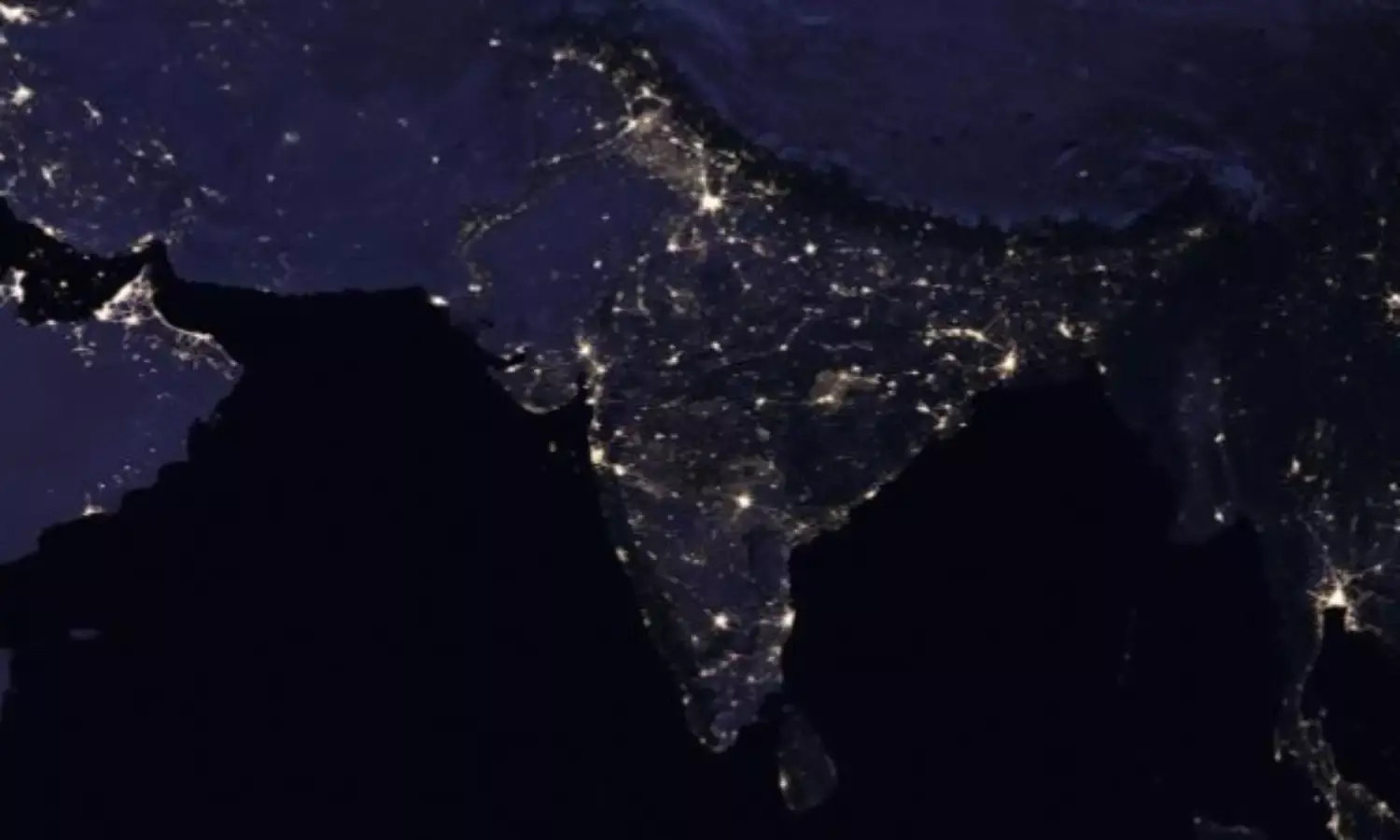Entrepreneurs suffer in the tier-2 cities of Uttar Pradesh, away from cyber hubs
Entrepreneurs suffer in the tier-2 cities of Uttar Pradesh, away from cyber hubs

Gaurav Yadav moved from Delhi to Lucknow in 2012 to initiate his startup, EduAce, an education services company working with schools. The national-level quizzer migrated to a less startup-friendly location because of the lower rent and labour costs. Little did he know that after seven years, he would have to think of shifting his business to a metropolitan or cyber city because of frequent internet shutdowns in Uttar Pradesh. “I will have to leave Lucknow if the shutdowns persist,” he says.
According to internet advocacy group Access Now, India witnessed the highest number of internet shutdowns in the world in 2018, with the internet being snapped 134 times. The main reasons given for suspending internet services were reportedly terror activities and communal tensions.
But in the garb of security, or as the result of a failure to contain violence, what governments really harm through an internet shutdown is the business and economy. A recent report by the Hindu Businessline estimates that India suffered a loss of $1.3 billion in 2019 due to internet shutdowns.
In an economy like India’s, with few good jobs, entrepreneurship and startup businesses can provide people with a good self-employment opportunity. And in a state like Uttar Pradesh it can be even more instrumental.
Unfortunately, however, “cyber cities” like Bangalore, Hyderabad, Pune and other metros have been made more feasible for startups than tier-two cities in states like Uttar Pradesh.
For instance, one of the essentials for any startup is the internet, yet various reports state that after Kashmir, the state with the highest number of internet suspensions was Uttar Pradesh.
Prasha, founder of Haxtax, a legal and financial services firm at Lucknow, narrates an incident where her client had to wait 10 days to get their trademark registered. The late fee levied had to be borne by Prasha’s firm, and she estimates they suffered a loss of around Rs1 lakh during that time. She says that if governments must put in constraints for security, it should be restricted to those social media platforms which cause such unrest.
“With the snapping of the internet, many clients from Uttar Pradesh lost connection with us,” says Arqum Ahmad, founder of Antrax Lab, an industrial monitoring and predictive analysis company based in Allahabad. With a client base spread all over the country, the company helps industries collect data from machinery and process it via cloud computing.
Ahmad will now be taking his business out of Allahabad to some big city in another state, because of the consistency of the internet, and the fact that more clients are to be found in other states.
Shutting down the internet can also demotivate small- and medium-scale manufactures from switching to modern manufacturing techniques. Ahmad says he already had a scanty client base in Uttar Pradesh, “and now if I try to persuade them to adopt modern techniques they are a little sceptical, apprehensive of what will happen if the internet goes off.”
Governments and big businesses have designed big cities to provide more business advantages than smaller ones. Pranesh Prakash, a fellow affiliated with the Yale Information Society Project, agrees that businesses in the metros have an edge over the businesses smaller cities. It’s not only businesses that need the internet here, however.
“All government services presume internet availability,” observes Prakash. From filing taxes to authentication for Aadhar, an internet connection is required for everything.
In such a situation, Prakash sees internet outages as a form of collective punishment, wherein to punish a few people the entire population is made to suffer. “This is unacceptable, for any form of collective punishment is explicitly prohibited by international law,” he says.
The toll these startup businesses must pay for such collective punishment can be huge. Upcoming entrepreneurs in UP are of the view that such shutdowns will be a huge discouragement.
“Despite having rich human capital, Uttar Pradesh still lags behind in entrepreneurial development,” says Yadav. “Instead of education, health, etc. the state prioritises religion and temple issues.”
Ahmad points out that as of now, he hasn’t seen a single startup getting any benefits from schemes like Startup India announced by the government of India with great fanfare.
No one has any concrete idea on how to resolve the problem. For Yadav the only solution is to move out of the state, to some place with internet consistency. Prakash emphasises that businesses cannot go back to a time without the internet. “The only thing that can be done is to make a representation to the government, and hope we are heard out,” he says.


